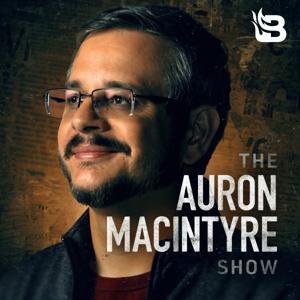On September 9, 2013, Reformed Christian apologist Anthony Rogers debated Islamic apologist Shadid Lewis. The debate question was: Are trinitarians polytheists? (Entire video here.)
I think this debate is worth thinking through carefully. In this podcast series, I'm breaking up the debate into three listenable chunks. I've also slightly shortened the audio by removing some dead air, etc., but I have not deleted a single word by the two debaters. I will end with a podcast evaluating their arguments. Each episode will also have a blog post wherein I try to accurately summarize and formulate some of the arguments. This episode: opening statements.
Rogers starts off with a problem for his opponent, which I think is best put as an inconsistent triad:
* Trinitarian Christians are polytheists.
* The Qur'an implies that Christians are not polytheists.
* Everything the Qur'an implies is true.
Rogers's argument is that is opponent is committed to 1 and 3. But he hasn't noticed that he's also committed to 2. His views, then, are inconsistent. Rogers will deny 1 (and 3), so he has no problem. But Shadid must, inconsistently, commit to all three. But from any two of them, it logically follows that the remaining claim is false. (Go ahead, try all the combinations.)
In support of 2, Rogers offers:
* Muslim men can marry Christian women (5:5), but they can't marry polytheistic women. (2:221)
* Muslims can eat food prepared by Christians (5:5), but not by polytheists (6:121).
* 22:17; 98:1, 6; 2:105; 5:82; 3:186; and a hadith from Muhammad imply that no Christian is a polytheist.
On to his positive case, Rogers affirms monotheism. But he adds that both Moses and Jesus, who were both monotheists, also taught that God is multipersonal, as so their monotheism implied multiple "persons" in the one God.
Argument 1:
* Genesis 19:24 mentions two persons called "Yahweh."
* Therefore, Genesis 19:24 implies that there are at least two persons or beings "in God." (This confirmed when the Targums say call the "YHWH" on earth the Memra (Word) of YHWH.)
Argument 2:
* In John 8, Jesus says "I am," and so claims to be the eternal, divine Son who appeared to Abraham. (Also John 1, 20:28.)
* [But John also teaches that the Father is an eternal,



























